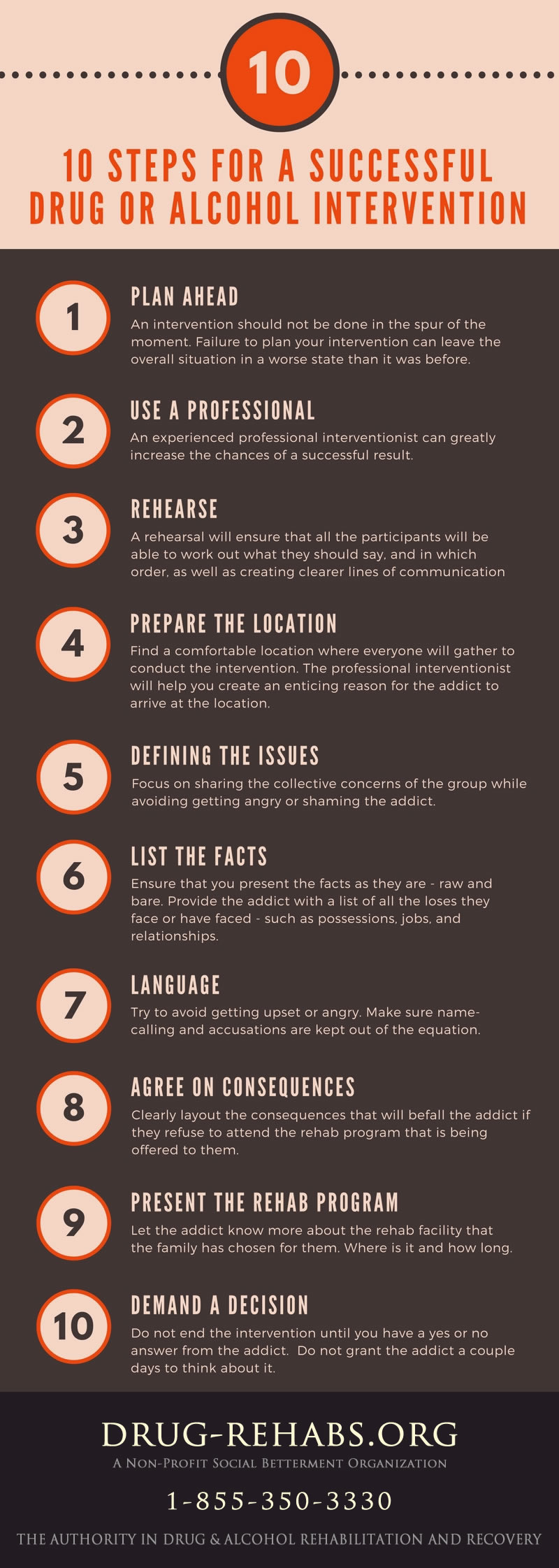Discover Exactly How To Create A Strong Post-Rehabilitation Care Strategy And Acquire Lasting Achievements
Discover Exactly How To Create A Strong Post-Rehabilitation Care Strategy And Acquire Lasting Achievements
Blog Article
Posted By-White Aagaard
You've completed drug rehabilitation, and currently it's time to produce an effective aftercare strategy to guarantee your long-lasting recovery.
Photo this: you're an individual identified to stay clean and develop a satisfying life. This write-up will assist you with determining continuous support systems, incorporating treatment and therapy, and creating healthy coping systems.
With these approaches, you'll be furnished to grow in your journey of soberness.
Let's get started.
Identifying Ongoing Assistance Systems
You must determine a minimum of 3 recurring support systems to guarantee a successful recovery after drug rehab.
The initial support system is your friends and family. They can give emotional support, support, and help you remain answerable. They can also give a safe and understanding setting where you can share your battles and victories.
The second support system is your therapist or counselor. They can assist you work through any type of underlying problems that might have contributed to your dependency and give guidance on just how to prevent relapse. They can also teach you coping mechanisms and healthy methods to manage stress and anxiety.
The 3rd support group is a support system or a sober neighborhood. Being bordered by others that are experiencing similar experiences can be unbelievably helpful. They can give a sense of belonging, comprehending, and offer beneficial recommendations and support.
Incorporating Treatment and Therapy
To accomplish a successful recovery, it's important for you to actively take part in therapy and therapy sessions, as well as incorporate them into your recurring support group. By doing so, you can maximize the benefits of these therapy modalities and enhance your opportunities of maintaining long-term sobriety.
Here are check this site out incorporating therapy and therapy into your aftercare strategy is critical:
- ** Emotional Support: ** Treatment and counseling provide a secure room for you to share your ideas, sensations, and has a hard time pertaining to your addiction. It allows you to resolve any type of unsolved concerns and create healthy and balanced coping systems.
- ** Relapse Prevention: ** These sessions furnish you with the needed devices and methods to stop regression. They help you recognize triggers, create coping skills, and establish a strong structure for handling yearnings and anxiety.
- ** Personal Growth: ** Treatment and counseling promote personal development and self-discovery. They help you gain understanding right into the underlying sources of your addiction, improve self-esteem, and establish much healthier partnerships.
Creating Healthy And Balanced Coping Devices
Throughout treatment and therapy sessions, it's essential to proactively service creating healthy and balanced coping devices in order to successfully take care of tension and obstacles.
https://www.heraldgoa.in/Cafe/A-SLIPPERY-SLOPE-DANGERS-OF-DRUG-ABUSE/191593 require to determine and understand your triggers, those points that cause you distress or anxiousness. By recognizing these triggers, you can develop methods to cope with them in a healthy and balanced means. This may include exercising deep breathing exercises, taking part in exercise, or discovering an innovative electrical outlet to express your feelings.
It is essential to likewise border on your own with a strong support system of loved ones who can offer support and guidance.
Additionally, https://patrice-linwood2kelly.blogbright.net/holistic-methods-to-drug-addiction-treatment-mind-body-and-soul -care activities such as obtaining enough sleep, eating well, and exercising leisure techniques can significantly contribute to your total well-being.
Conclusion
In the journey in the direction of recovery, creating a successful aftercare plan resembles often tending to a delicate garden. Equally as a garden enthusiast nurtures each plant with treatment and interest, so too must one cultivate ongoing support group, incorporate treatment and counseling, and create healthy coping systems.
By doing so, the seeds of healing will bloom into a prospering yard, supplying a strong structure for a brighter, drug-free future.
